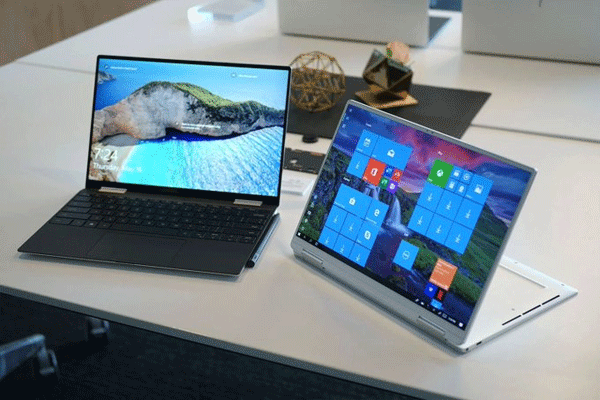U.S. Trade Representative Katherine Tai has raised concerns with India over the country’s new licensing regime for the import of laptops, tablets, and personal computers. The new order, set to take effect on November 1, mandates licenses for these products and aims to ensure trusted hardware and systems enter India. Additionally, the regime seeks to reduce dependence on imports, boost local manufacturing, and address trade imbalances, particularly with China.
Tai’s intervention comes amid worries that the new licensing requirement could impact shipments from major tech companies like Apple and Dell and potentially force them to increase local manufacturing efforts in India.
During a meeting with India’s Trade Minister Piyush Goyal on August 26, Tai expressed the need for stakeholders to review and provide input on the policy to ensure that it does not adversely affect U.S. exports to India. A U.S. statement released after the meeting noted Tai’s concerns and commitment to discussions on the matter.
The Indian government has stated that the new licensing regime is designed to ensure the entry of trusted hardware and systems into the country, while also promoting local manufacturing. This move is in line with India’s broader goals to boost domestic production and reduce reliance on imports, especially from China.
In addition to discussing the licensing regime, India and the U.S. will continue to address bilateral trade issues. The statement highlighted that both countries are working to find a solution to the only remaining bilateral dispute between them at the World Trade Organization (WTO), which involves certain agricultural import measures imposed by India. Earlier this year, six other trade disputes between the two nations were mutually resolved.
The impact of India’s new import licensing regime on the tech industry and trade relations will be closely monitored as the November 1 implementation date approaches.











